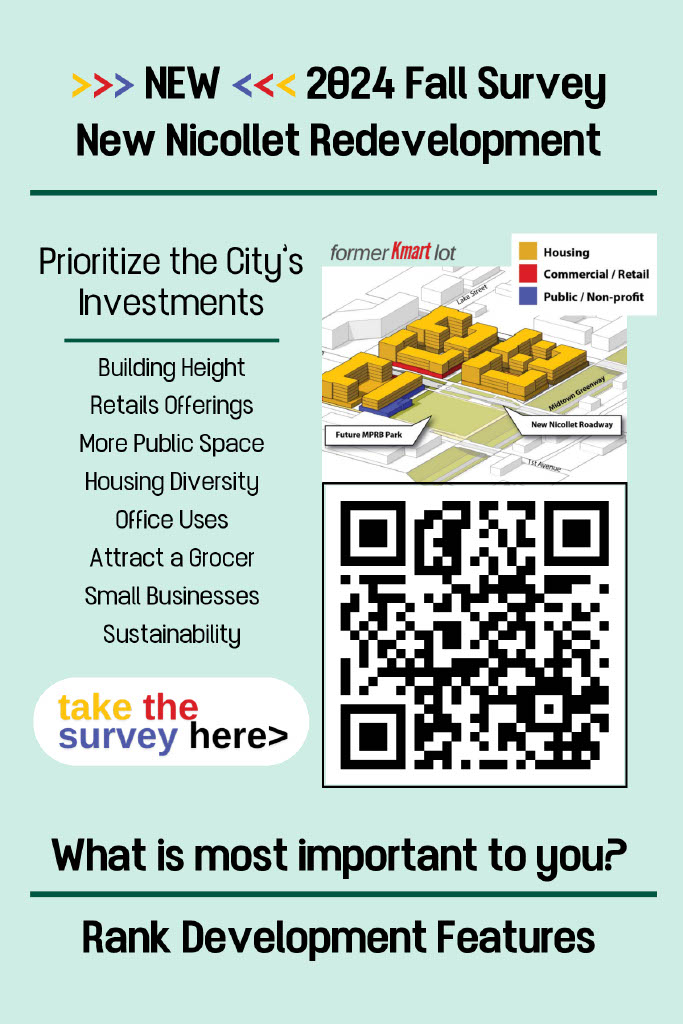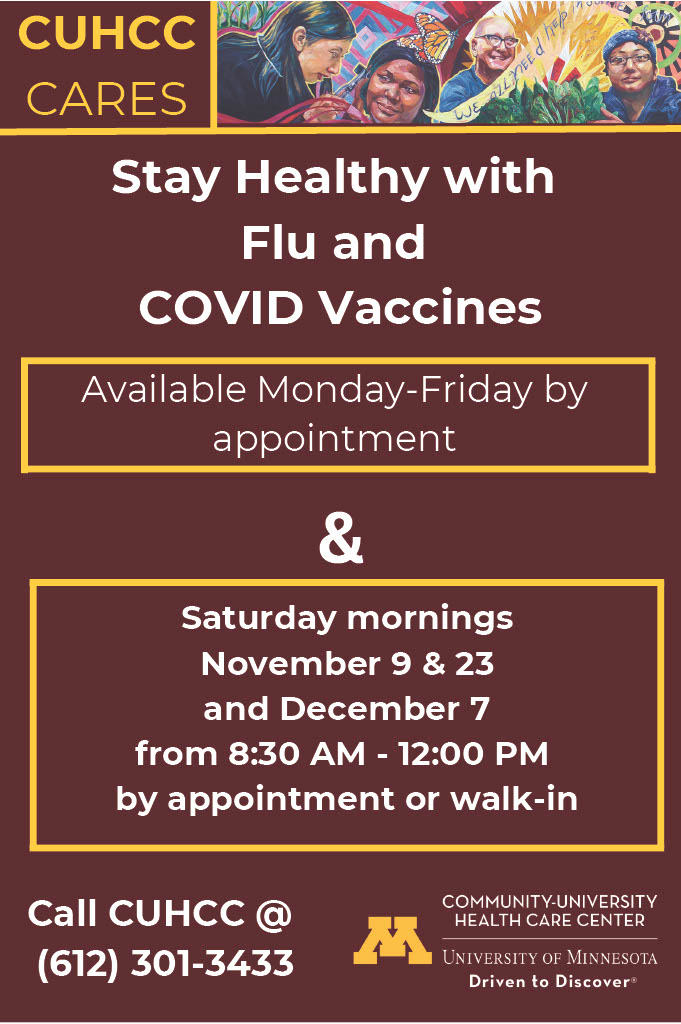By ALENA DOBRIAKOVA, Community Journalist-In-Training
War brings destruction, loss of loved ones, and cultural conflicts between people who were once like one family. In the context of the ongoing war, the internal experiences of Russian-speaking immigrants have become more acute. These people are stuck between cultures, facing feelings of guilt, fear, and isolation.
I interviewed Russian and Ukrainian immigrants to explore how their lives have changed since the war began. The main focus of the interview is on the consequences of the conflict in an emotional, social and cultural sense. Including internal conflict of identity, attitudes toward the dynamics of the society in which we live at the moment, and how people cope with the complexities of war.
To protect the identities of the individuals I interviewed, I have chosen not to use their full names, ensuring their privacy while sharing their experiences. K left Ukraine before the war began, L is a Russian immigrant who came to the U.S. after the war started, G has lived in the U.S. since 2017 and is now a citizen but originally from Ukraine, and A was born in the U.S. but spent most of her life in Russia. Each of them offers a unique perspective on how the war has affected their lives and identities.
How has your Russian-speaking community changed since the war began?
K: There are those with whom we stopped communicating, but I can’t say that it was precisely because of the language. It was more of a conflict of sides. For example, a friend from Israel, we stopped communicating with her, respectively, at the beginning of the war, precisely because of political issues, but I can’t say that the language was involved. Basically, with everyone, I continue to communicate with someone in Russian, and still with someone in Ukrainian, but it is not a problem.
L: The Russian-speaking community, it seems to me, has split up in new places. Because there were quite tense relations between some Ukrainian- speaking and Russian-speaking Ukrainians. Plus, some Russian-speaking Ukrainians began to speak only in Ukrainian. Which, accordingly, complicated communication. Many beauty masters, photographers, in general, and people who provide services, some of them stopped working with Russian-speaking people, with people from Russia.
G: Well, I think that it has split into lovers of blood and people who think that this war is useless to anyone. And this applies to both Ukrainians and Russians. And to all people on Earth, so to speak.
A: Here in America, I have Russian-speaking friends and a couple of Ukrainians. Most of my friends are from Russia.
Do you experience difficulties in adapting to life in a new country due to political events in your homeland?
K: In my case, I would not say that the difficulties in adapting to a new life in a new country are somehow connected to political events in the homeland. No, absolutely not. I can’t say that it is somehow related to the events in Ukraine at the moment.
L: By the way, there were no difficulties in adapting to a new country. Because all other peoples, except for some Ukrainians, were positively attuned to the Russian-speaking. Americans, Latvians, I don’t know, anyone from Europe, everyone was always open and helped. And many Ukrainians, including, by the way.
G: No. I adapted to life in the United States before the war. I don’t think that the war influenced my ability to adapt and to join a new society because I was able to do it before the war.
A: No. I continued to do things I used to do before the war. In one of the classes, I talked about Russian manicure. One of the guys asked, aren’t you afraid that in the future people won’t come because now there is a situation with the war, like Russian manicure and all that. I said, guys, the nail artists don’t fight in the war. So should we let them erase Russia from history?
…Look forward to the next part of this article in the March 2025 edition of the alley
Alena Dobriakova is an international student from Russia at St. Catherine University. She has been studying in the U.S. for six years, focusing on her career and academic growth. Alena’s research focus is on the cultural and social challenges of immigrants, including the impact of war on identity and issues of media justice.














